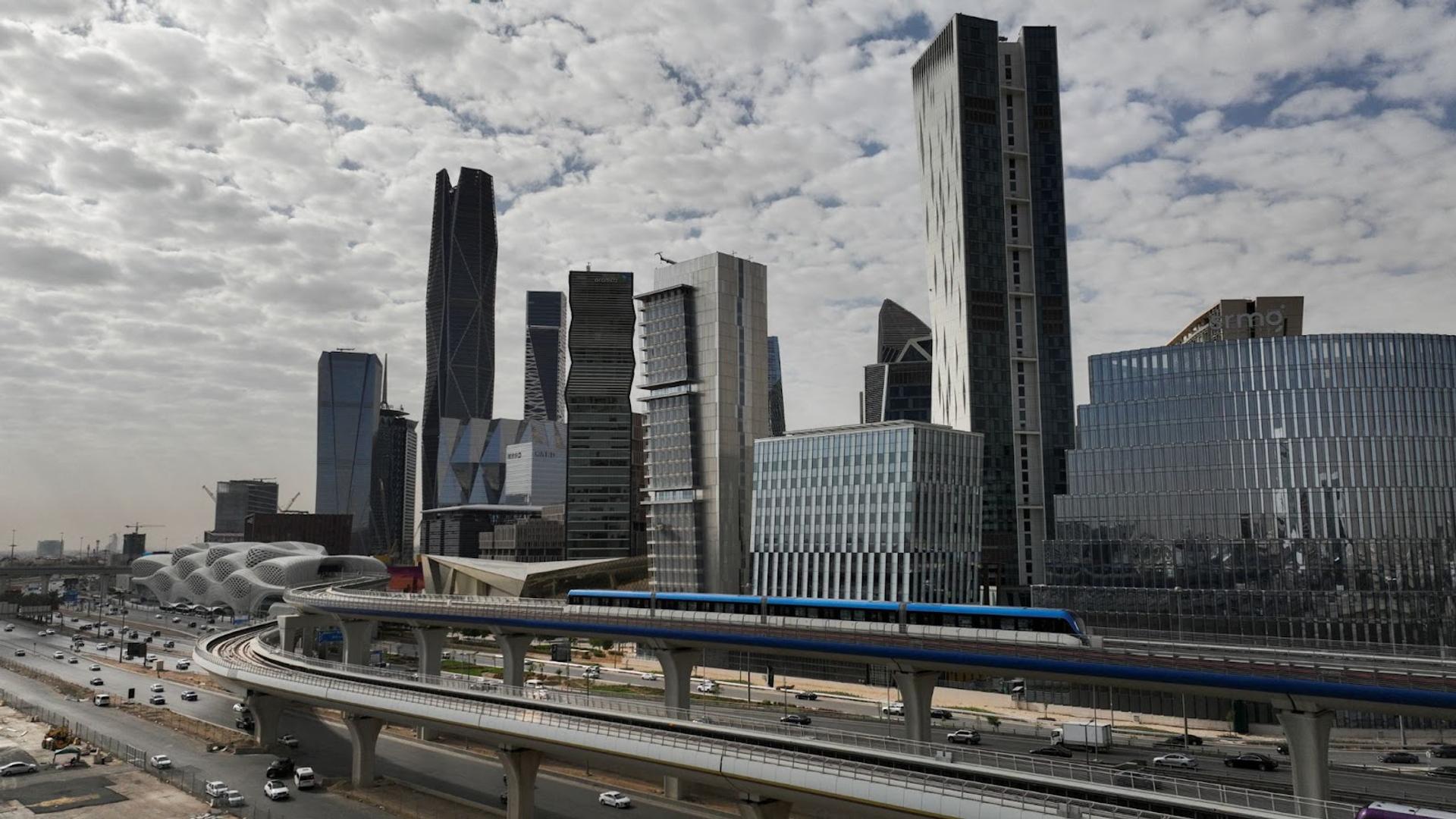Wael’s view
Saudi Arabia’s ambition of pushing the Tadawul firmly into the list of the world’s top 10 exchanges — part of its effort to deepen its capital markets, lure more foreign investors, and ultimately help diversify its economy — is bold.
And based on current performance, it is also far from reach.
If the vision to create a global capital market hub in Riyadh is to materialize, Saudi’s stock market will require structural changes that will make it more liquid and trustworthy.
The market’s decline — down more than 9% so far this year, among the worst globally — is in contrast to the broader economy’s resilience. Non-oil GDP grew 4.9% in the first quarter, and a key manufacturing index shows industries expanding. The strength of the real economy is not translating into stock market performance, and it’s not for a lack of capital.
The regulator’s answer so far has been to make it easier for Gulf, and eventually global, investors to enter the market. More foreign money would help. But without addressing the structural weaknesses that have kept investors away, it’s like leading more horses to water, only to find they have no reason to drink.
Governance and disclosure standards need improvement. While the regulator polices insider trading and market manipulation, companies are allowed to publish the bare minimum in public reporting, which does little to reassure skeptical investors.
The IPO pipeline remains busy — Saudi firms raised $2.8 billion in the first half of 2025, by far the most active market in the region — but confidence is slipping. Trading activity has cooled: Tadawul Group’s first-quarter revenues fell 13% from a year earlier as average daily turnover dropped by a third. The average first-month returns on new listings have dropped to 4% from 27% in 2024. Many recently debuted stocks are trading below their IPO price.
The Tadawul’s limits on volatility, with stocks capped at 10% in daily gains or losses, reduces the market’s dynamism. Global investors are used to bigger swings, and without them, they may see the exchange as constrained rather than competitive. The index is also heavily concentrated: financials, materials, and energy make up two-thirds of its weight. Without stronger stories in health care, tourism, logistics, and technology, the market will lack the depth needed to attract sustained global interest.
Saudi Arabia does not just need foreign funds; it needs investor trust. That means stricter governance and disclosure rules, a more transparent IPO process, a gradual easing of price limits, and sector champions beyond oil, petrochemicals, and banking. Without these changes, the Tadawul risks becoming a window into what ails the kingdom, rather than a call option on the new economy it is trying to build.
Wael Mahdi is an independent commentator specializing in OPEC and Saudi Arabia’s economy, and co-author of “OPEC in a Shale Oil World: Where to Next?”
Notable
- New Saudi listings are struggling, even as the kingdom leads the region in IPOs and offerings are wildly oversubscribed. The Financial Times reports that low oil prices and doubts over Saudi Arabia’s commitment to economic diversification are weighing on its stock market, making it one of the world’s worst performers this year.
- Foreign investors have poured money into Saudi stocks this year, but the market has underperformed and trading volumes are down, as reforms have yet to translate into greater inflows, Bloomberg reported.

